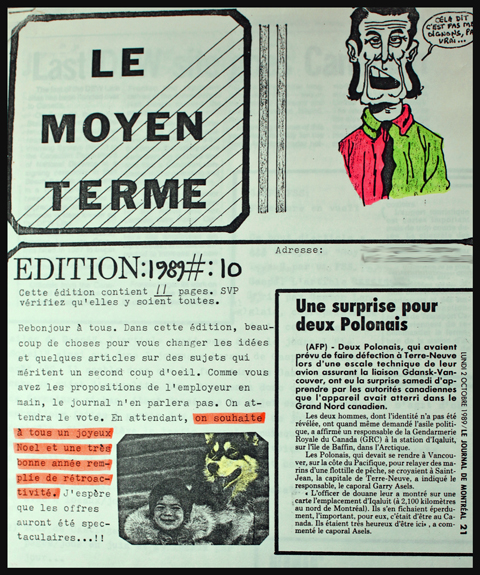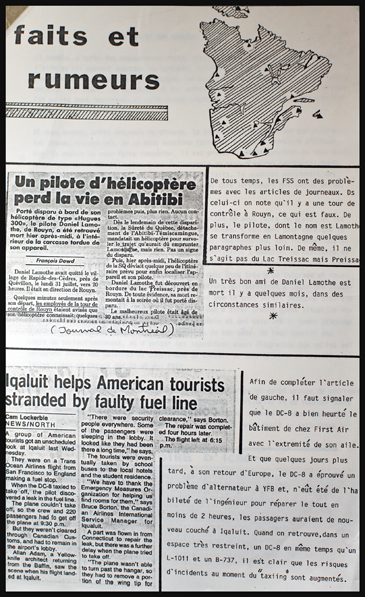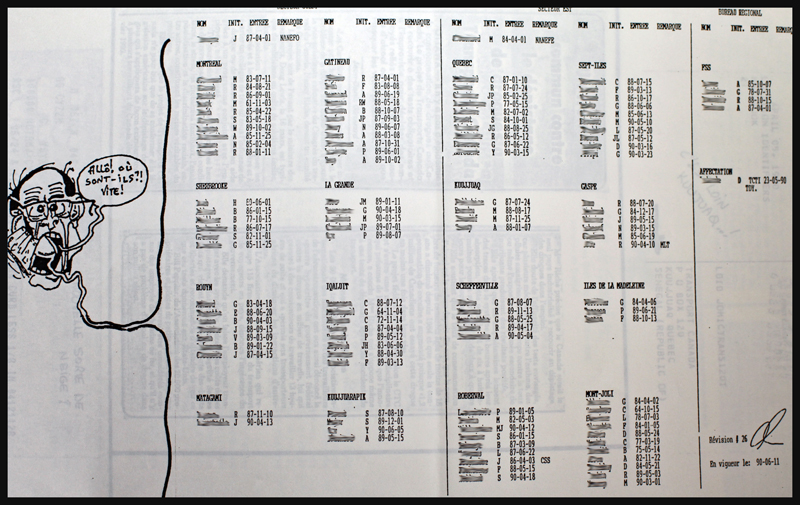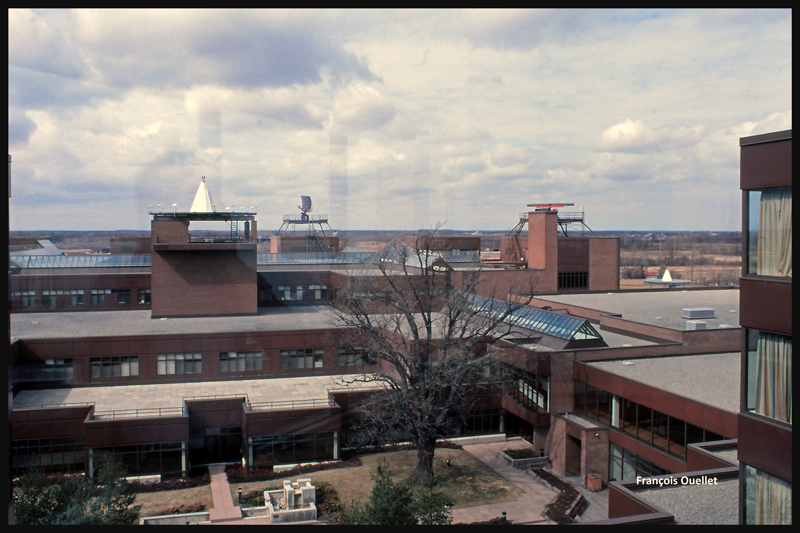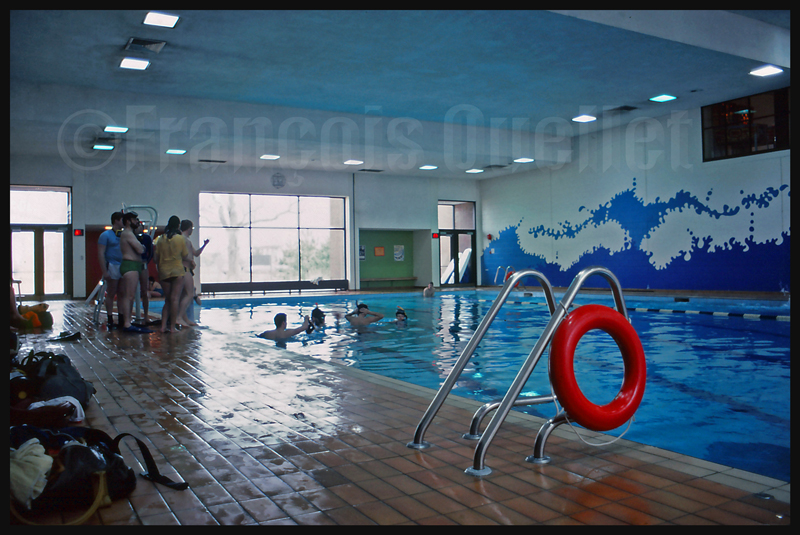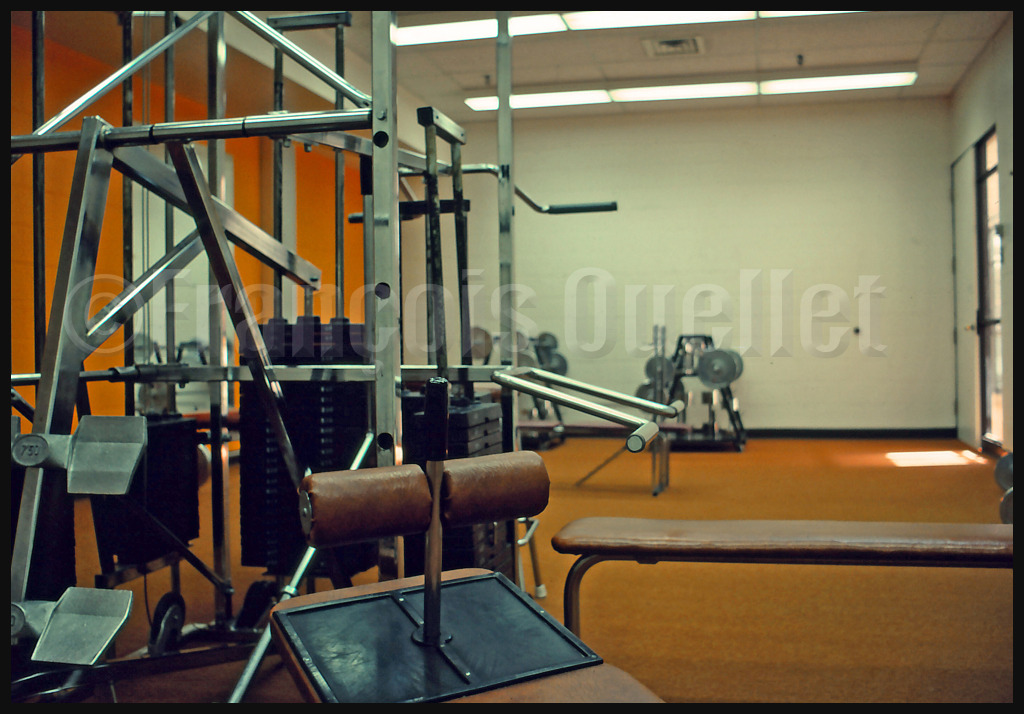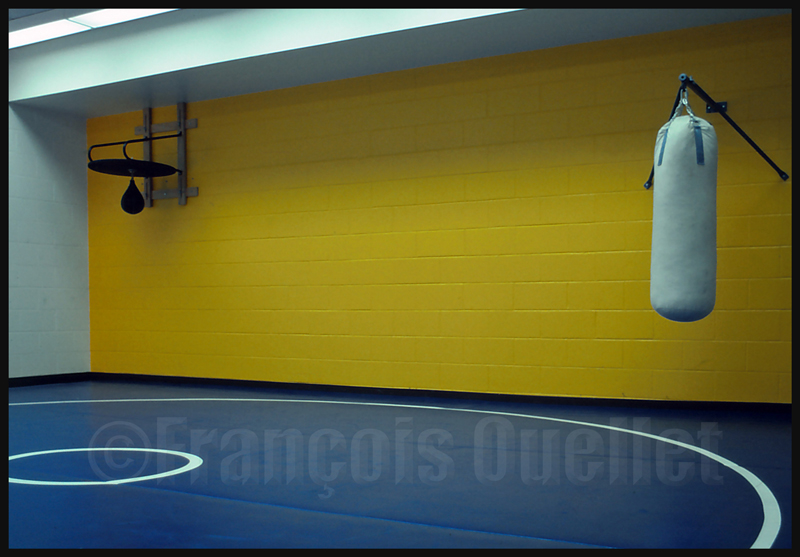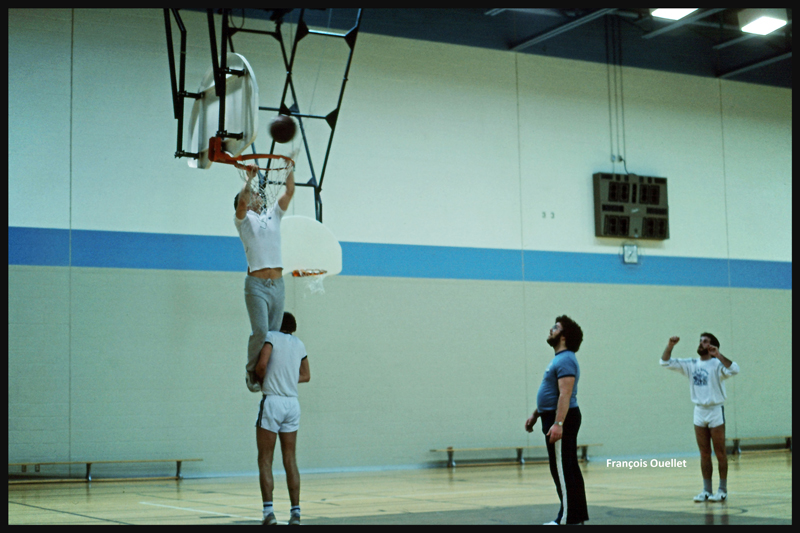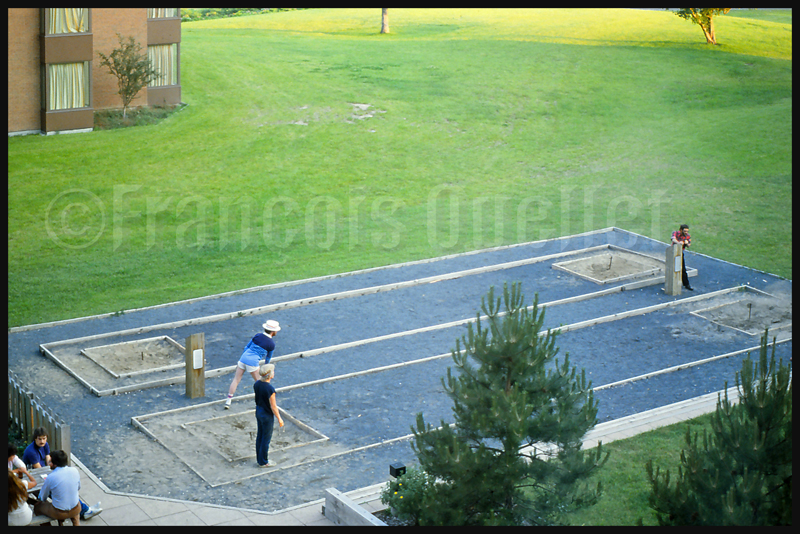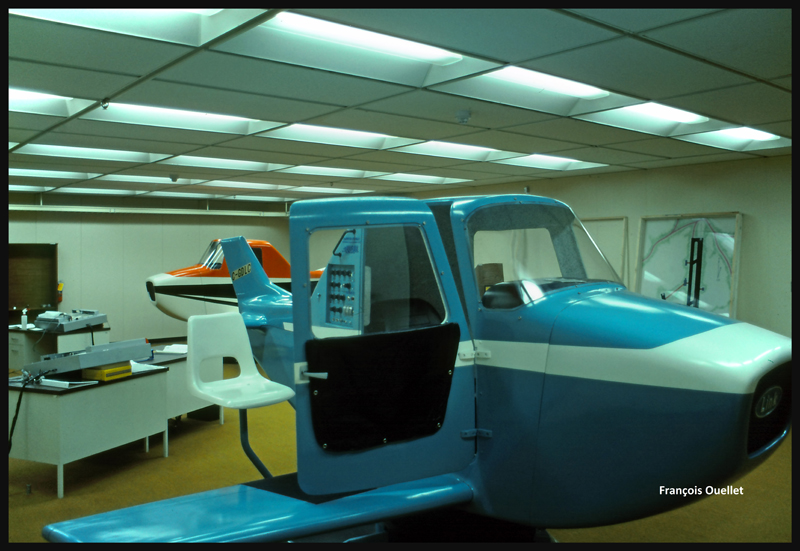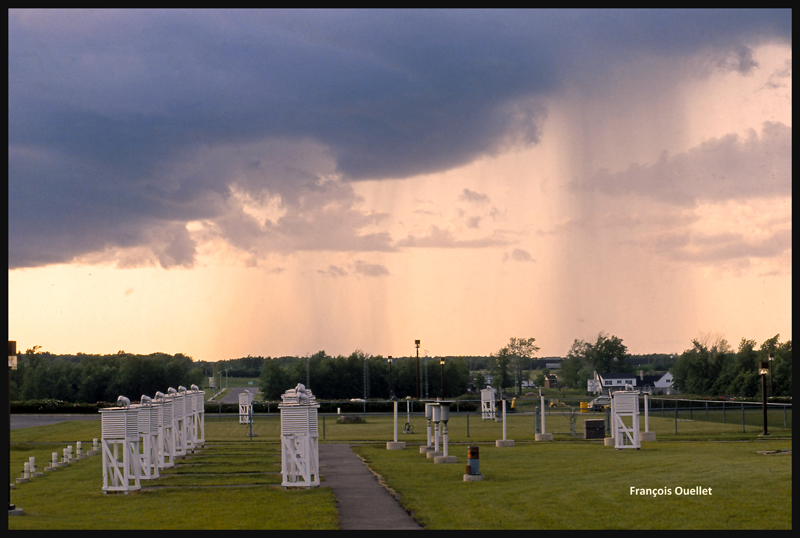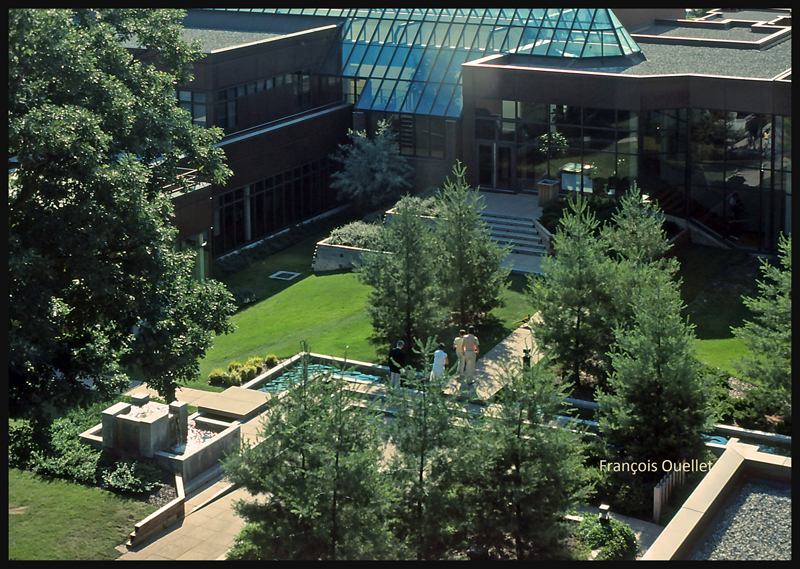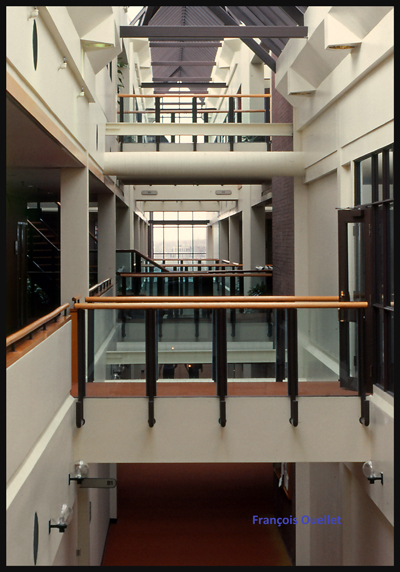Since the Quebec flight service stations were disseminated over a vast territory, the communications between the employees of each station were quite limited. It was difficult to obtain relevant information on staff transfers: such information was badly needed when came the time to choose the next transfer site.
How would an employee be able to insist that there is availability in Montreal if he did not have in front of him, during the “discussion”, such verified information? To correct the situation, once I was working at Rouyn-Noranda FSS, I decided to create my own newspaper, titled “Le Moyen Terme”.
The newspaper was distributed to every Quebec flight service stations, to the Transport Canada Training Institute in Cornwall, Ontario, to Montreal regional office and to Ottawa headquarters. Suddenly, the Quebec flight service specialists were having access to relevant information that was updated on a regular basis.
I had contributors from all over the province, and as the newspaper gained in credibility, even Ottawa managers started to provide me with some input. I financed the newspaper, wrote most of the articles and mailed a new edition every two months. I was indebted to nobody. This did not preclude the reception of a lawyer’s letter, but in such a controlled environment, that did not come as a surprise. I presented the letter to a well-known judge who took care of the matter for free. He closed the case in one swift move.
Each edition had ten to fifteen pages. It was typed using an old typewriter and mistakes were erased using correcting fluid. A small part of the content was meant to amuse the reader, but must of the information was of an editorial nature. The texts were generally received positively by the employees and that contributed to a regular exchange.
The section that was possibly the least appreciated by the regional office was titled: “Where are they?” On that page, one could find the name of every employee working at a particular station, with its seniority. The details were now readily available to everybody. The information provided by the management could now be crosschecked by the staff. This possibly annoyed some managers who, until recently, had a relatively easy task in attributing respective postings.
One day, I had to visit the Montreal Transport Canada regional office. A high ranking manager, aware of my visit, invited me in his office and ordered me to stop the production of the newspaper. I told him that it was out of question and that the newspaper was useful to many employees. My answer, at the time, did not make me friends in high places, but it was not my goal. The newspaper was produced for another two years. I decided to end this personal project when I had no more time to take care of it, busy with multiple university courses and a seven days a week working schedule in Iqaluit. Since I did not want to dilute or diminish the content or the quality of the newspaper I had created, I chose to stop its production.
(Note: the comic-book characters were created by Gotlib)
For more real life stories on the Rouyn-Noranda flight service station and flight service specialists, click here:
